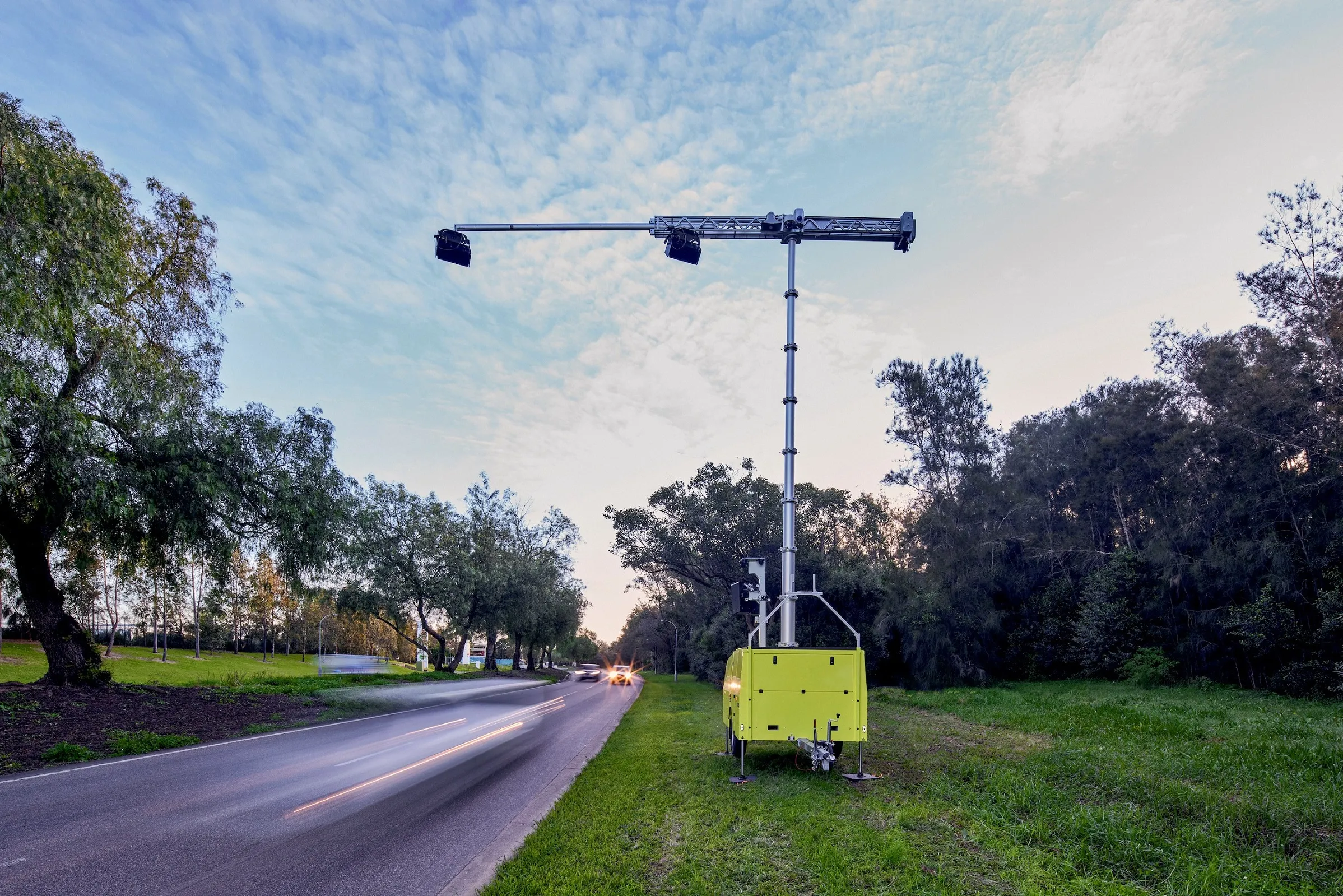The UK government has pledged £350,000 to the Parliamentary Advisory Council for Transport Safety to run a competition for companies to develop roadside evidential breathalysers.
Although drivers are currently tested at the roadside in some cases, the breath test there is only used as an indicator of wrongdoing. The government’s stated aim is to prevent offenders who are marginally over the drink-drive limit from sobering up before reaching the police station where they are tested for evidence in court.
June 12, 2018
Read time: 1 min
The UK government has pledged £350,000 to the Parliamentary Advisory Council for Transport Safety to run a competition for companies to develop roadside evidential breathalysers.
Although drivers are currently tested at the roadside in some cases, the breath test there is only used as an indicator of wrongdoing. The government’s stated aim is to prevent offenders who are marginally over the drink-drive limit from sobering up before reaching the police station where they are tested for evidence in court.
Companies will submit proposed technologies that calculate the amount the amount of ethanol in exhaled breath. The device is expected to be available for police to use by summer 2020.










